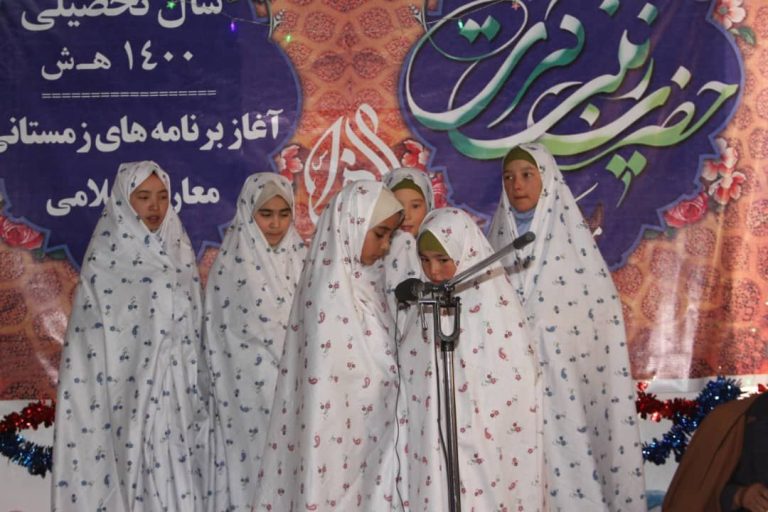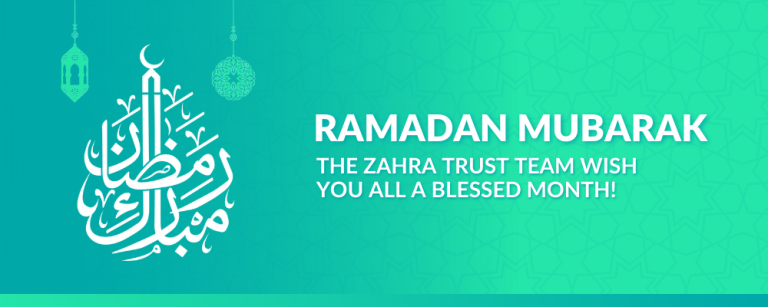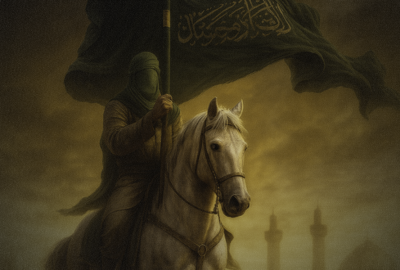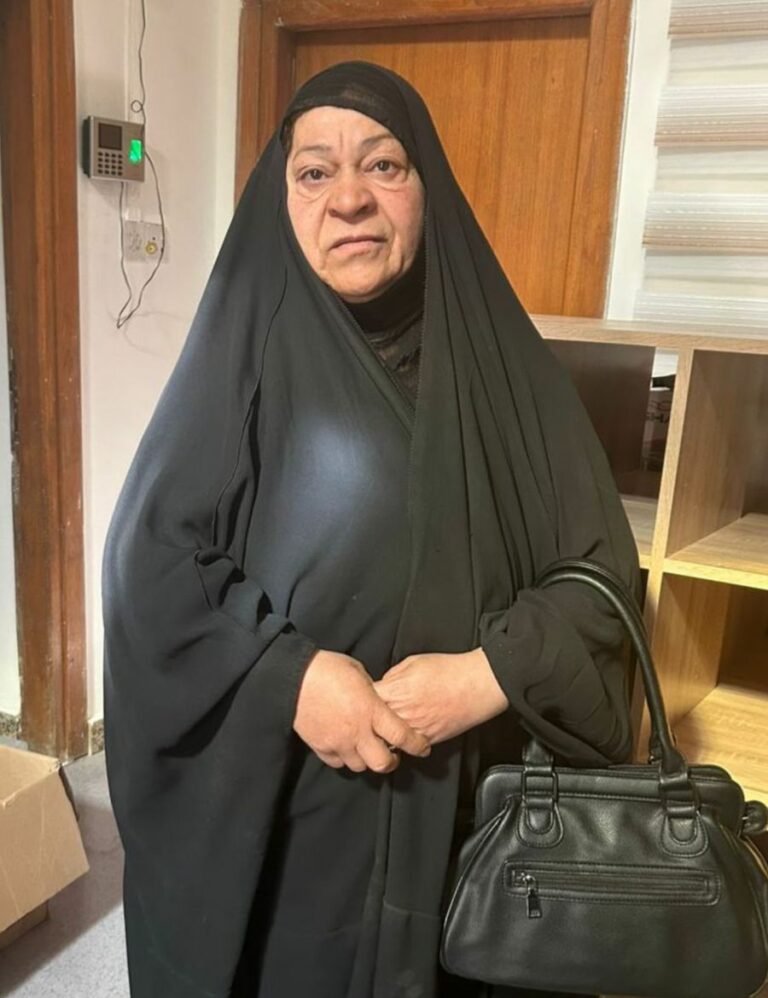6 Reasons We Still Turn to Imam Ridha (as) for Strength and Guidance
In a world full of noise, injustice, and confusion, the life of Imam Ali ibn Musa al-Ridha (AS) continues to offer clarity.
His courage, compassion, and scholarship gave people hope in his time, and they still do today.
As the 8th Imam of Shia Islam, Imam Ridha (AS) is remembered not only for his teachings but for how he embodied them.
He served with wisdom, stood firm against injustice, and reminded us that faith isn’t just about words—it’s about action.
Here are six powerful reasons why his legacy still resonates across the Muslim world, and how you can honor it in your own life.
1. He led with truth during one of the most difficult times in history
Born in Medina in 765 CE (148 AH), Imam Ridha (AS) took on leadership of the Muslim community at a time when truth was often suppressed.
The Abbasid rulers feared the influence of the Prophet’s family.
Many Imams were imprisoned or killed.
Despite the threats, Imam Ridha taught publicly.
He debated scholars, welcomed seekers of knowledge, and helped people return to the core values of Islam: justice, mercy, and sincerity.
You can carry forward this mission by supporting The Zahra Trust’s work serving the oppressed.
2. His title “al-Ridha” means “the one who pleases God”
The name “al-Ridha” wasn’t symbolic.
It reflected his spiritual station and the way he lived his life in full submission to God.
Even the Abbasid Caliph al-Ma’mun, who feared the Imam’s popularity, acknowledged his purity and integrity, granting him the title despite political tensions.
For a deeper understanding of this role, explore this introduction to the concept of Imamate.
3. He is buried in Mashhad, one of the holiest places in the Muslim world
After being poisoned in 818 CE (203 AH), Imam Ridha (AS) was buried in Tus, which later became Mashhad, meaning “place of martyrdom.”
Today, his shrine in Mashhad is one of the most visited religious sites on Earth.
Over 20 million people visit each year to pray, reflect, and reconnect with their faith.
For many, it’s not just a pilgrimage, it’s a moment of deep healing.
Want to honor him in your own way? Consider a Sadaqah Jariyah donation in his name.
4. He left behind wisdom that still moves hearts today
Imam Ridha’s teachings are preserved in several important works:
- Sahifah of al-Ridha: A collection of powerful sayings and spiritual insights.
- Al-Risalah al-Dhahabiah (The Golden Treatise): A groundbreaking guide on health and well-being, blending medical knowledge with spiritual principles.
One of his most quoted sayings is: “Everyone’s friend is their intellect. Everyone’s enemy is their ignorance.”
He challenged his followers not just to worship, but to reflect, seek knowledge, and live with purpose.
Help continue this tradition of learning by supporting education programs through The Zahra Trust.
5. He was a direct descendant of the Prophet Muhammad (SAWA)
Imam Ridha (AS) was from the Ahlul Bayt, the blessed family of the Prophet Muhammad (SAWA).
His father was Imam Musa al-Kadhim (AS), and his lineage runs through Fatima al-Zahra (SA) and Imam Ali (AS).
He didn’t just carry the Prophet’s bloodline—he carried his mission. His words and actions were a living continuation of the Prophet’s mercy, justice, and light.
You can honor the Ahlul Bayt today by fulfilling your Khums through The Zahra Trust.
6. He advocated for justice, compassion, and using your intellect
Imam Ridha (AS) wasn’t just a teacher.
He was a man of the people.
He ate with the poor.
He welcomed guests with kindness.
He reminded everyone that real worship must lead to real service.
In one of his most powerful sayings, he shared: “Those who ask God for Paradise but do not endure hardships have ridiculed themselves.”
He believed that sincerity is shown not just through prayer, but through how we treat others, especially the most vulnerable.
You can continue his legacy by supporting critical needs in underserved communities.
This Dhul Hijjah, take action in his name
Imam Ridha (AS) showed us that true leadership means service, and true faith demands compassion.
Let his example inspire your actions today.
Make your giving meaningful.
Make it a reflection of the values he stood for.
Give your Qurbani
Support orphans, widows, and vulnerable families
Give where it’s needed most
May we all strive to be among those who please God, just as Imam Ridha (AS) did.










